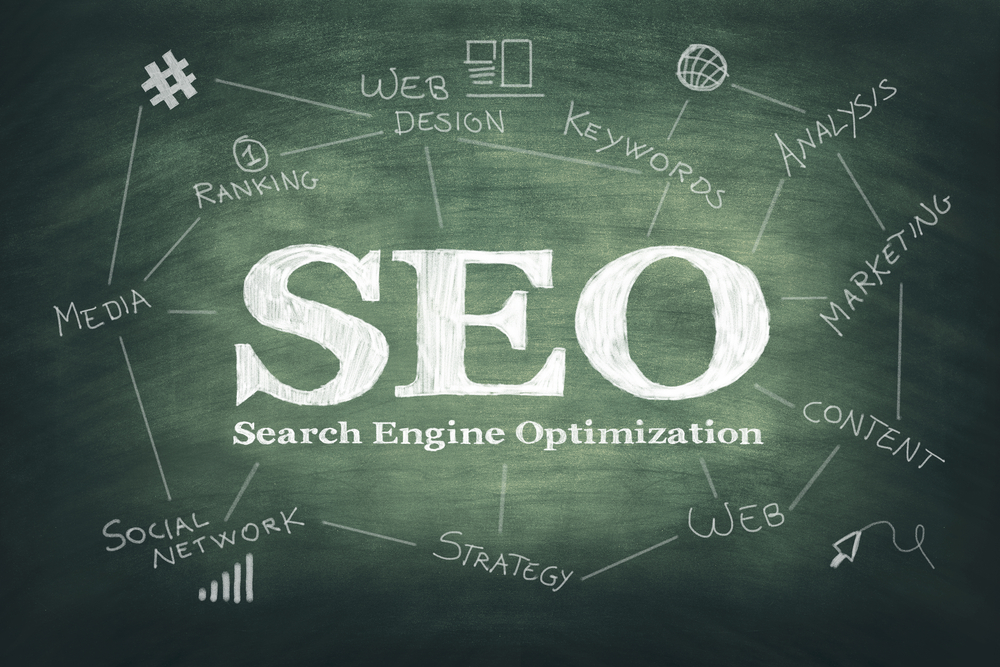
In today's digital landscape, mastering Search Engine Optimization (SEO) and link building is essential for any business or website looking to achieve online success. With the ever-increasing competition and constantly evolving algorithms, understanding the strategies and techniques to improve your website's visibility is crucial. In this article, we will explore some essential tips and tricks to help you master SEM/SEO and link building, thereby increasing your chances of success in the online world.
1. Understand the Basics of SEOBefore diving into the complexities of SEO and link building, it's essential to grasp the fundamentals. SEO (search engine optimization) refers to the practice of optimizing your website to improve its visibility on search engine result pages (SERPs). It involves various on-page and off-page factors that search engines consider while determining the relevance and authority of your site. Start by learning about keywords, meta tags, title tags, alt text, and other on-page optimization techniques.
2. Conduct Thorough Keyword Research
Keywords act as a bridge between your website and the search engines. Understanding which keywords your target audience is using to search for information is crucial. Conduct thorough keyword research using tools like Google Keyword Planner, SEMrush, or Ubersuggest. Identify relevant keywords with decent search volume and low competition. Incorporate these keywords naturally throughout your website's content to improve its chances of ranking higher in search results.
3. Create High-Quality, Engaging Content
Content is king when it comes to SEO (or SEM) and link building. Develop high-quality, engaging content that provides value to your audience. Search engines prioritize websites that offer valuable, informative, and relevant content. Ensure that your content is well-structured, easy to read, and incorporates relevant keywords strategically. Aim to provide comprehensive answers to users' queries, as this will increase the chances of your website being featured as a rich snippet in search results.
4. Optimize On-Page Factors
On-page optimization plays a significant role in SEO/SEM success. Pay attention to factors like title tags, meta descriptions, header tags, URL structure, internal linking, and image optimization. Each page of your website should have a unique, descriptive title tag that incorporates relevant keywords. Meta descriptions should be compelling and concise, providing a summary of what the page offers. Properly using header tags (H1, H2, H3) helps search engines understand the hierarchy and relevance of the content. Lastly, optimize your images with descriptive alt text, compress them for faster loading times, and use relevant file names.
5. Build Quality Backlinks
Backlinks remain one of the most important factors influencing search engine rankings. A backlink is a link from one website to another. Search engines consider backlinks as a vote of confidence or authority. However, not all backlinks are created equal. Focus on getting high-quality, relevant backlinks from authoritative websites in your industry. Building a strong backlink profile can be done through various strategies, including content outreach, guest blogging, social media promotion, and collaborations with industry influencers.
6. Utilize Local SEO
If you are a local business targeting customers within a specific geographic area, mastering local SEO is paramount. Ensure that your website is optimized for local search by including location-specific keywords in your content, meta tags, and URLs. Create and optimize your Google My Business listing, ensuring that your business details are accurate and consistent across all online platforms. Encourage customers to leave reviews, as positive reviews can help improve your local rankings.
7. Regularly Monitor and Analyze SEO Performance
SEO is not a one-time activity; it requires continual monitoring and analysis. Keep track of your website's performance using tools like Google Analytics and Google Search Console. Monitor your website's organic traffic, keyword rankings, bounce rate, and conversion rates. Identify areas where you can improve and tweak your SEO strategies accordingly. Regularly analyzing your performance will help you understand what is working well and what needs to be adjusted.
Frequently Asked Questions
Q1. How long does it take for SEO to show results?A1. SEO is a long-term strategy, and it can take several months before you start seeing significant results. The timeline depends on various factors, such as the competitiveness of your industry, the quality of your website's content, and the effectiveness of your SEO efforts.
Q2. Is link building still important for SEO?
A2. Yes, link building remains an important aspect of SEO. Quality backlinks from authoritative websites are still considered a significant ranking factor by search engines. However, it's crucial to focus on quality over quantity and avoid spammy or manipulative linking practices.
Q3. Can I do SEO myself, or should I hire a professional?
A3. SEO can be done by yourself, but it requires a significant amount of time, effort, and expertise. If you have the resources and knowledge, you can handle it in-house. However, many businesses choose to hire professional SEO agencies or consultants to ensure that their SEO efforts yield the best possible results.
Q4. Are there any "quick fixes" or shortcuts to improve SEO rankings?
A4. No, there are no quick fixes or shortcuts to improve SEO rankings. Search engines are becoming increasingly sophisticated in detecting manipulative tactics. It's important to focus on long-term, white-hat SEO strategies that provide genuine value to your audience and prioritize user experience.
Q5. Can social media impact SEO rankings?
A5. While social media signals are not direct ranking factors, they can indirectly impact your SEO efforts. Social media can help boost brand awareness, increase website traffic, and generate engagement, which can eventually lead to more backlinks and improved search engine rankings.
Conclusion
Mastering SEO and link building is an ongoing process that requires dedication and adaptability. By understanding the basics, conducting thorough keyword research, creating high-quality content, optimizing on-page factors, building quality backlinks, utilizing local SEO, and regularly monitoring performance, you can significantly enhance your website's visibility and achieve SEO success. Remember, SEO is not a quick fix but a long-term investment that can yield substantial rewards.
Other useful resources
- https://www.seoguru24.com/listing-category/web-directory/
- https://en.wikipedia.org/wiki/Search_engine_optimization
- https://www.seoguru24.com/topics/seo-and-link-building-tips/